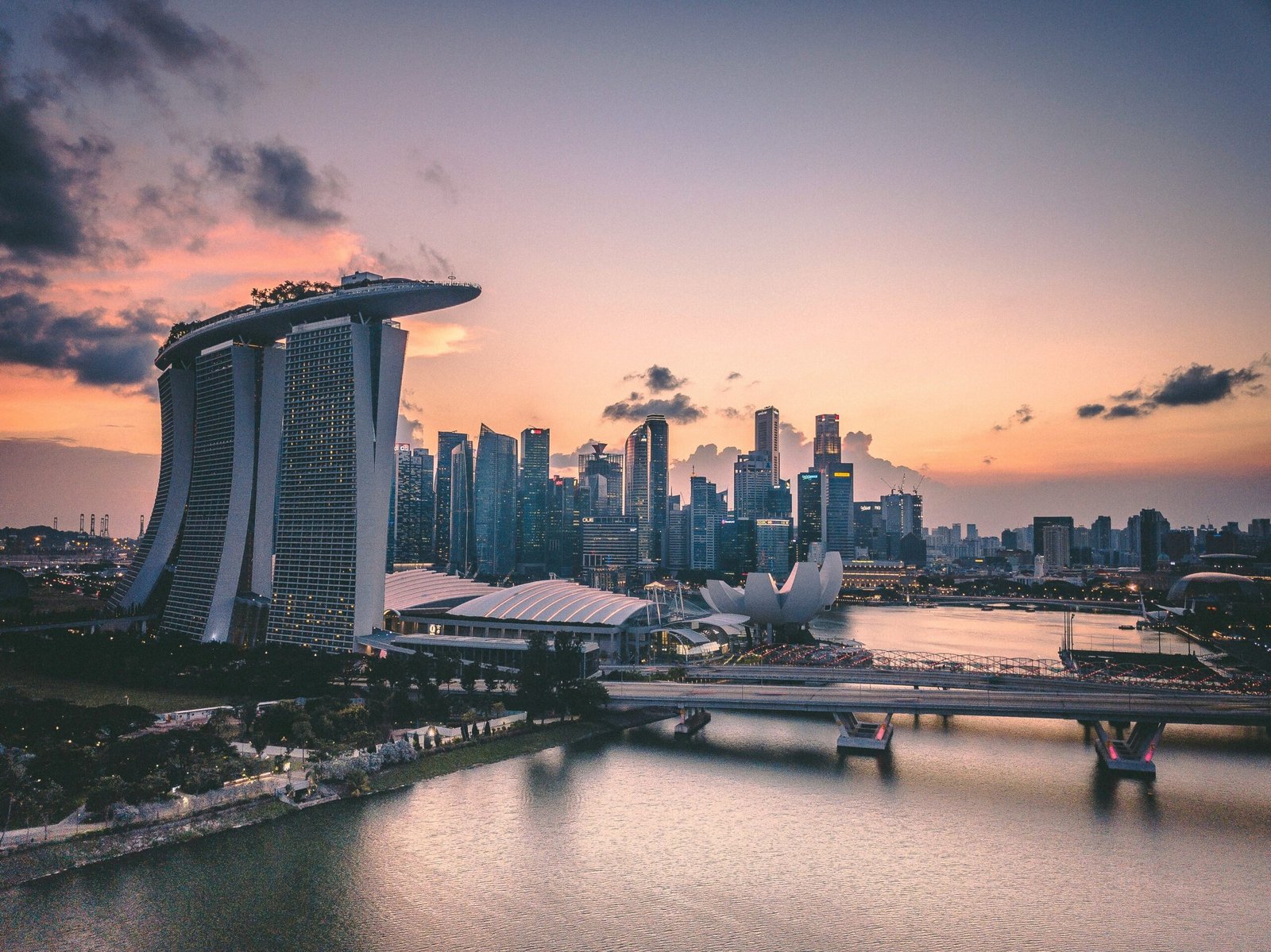Strict Rules to Follow in Singapore: A Traveler’s Guide to Staying Safe and Respectful.
Strict Rules to Follow in Singapore: A Guide to Staying Safe and Respectful
Singapore is a city-state known for its cleanliness, orderliness, and efficient public services. While it offers a safe and enjoyable experience for travelers, it also has a strict set of laws and regulations that visitors need to adhere to. In this blog, we will guide you through the must-follow rules and regulations in Singapore to ensure your trip is smooth, safe, and free of any legal issues.
1. No Littering – Keep Singapore Clean
Singapore is renowned for its cleanliness, and littering is a serious offense. You can be fined up to SGD 1,000 for littering in public places, with higher penalties for repeat offenders. If caught littering, you may even be sentenced to do community service, picking up litter in public spaces.
Tip: Always dispose of your trash in proper bins, and if no bins are available, take it with you until you find one.
2. No Chewing Gum – A Unique Law
One of Singapore’s most famous laws is the ban on chewing gum. The sale and import of chewing gum are prohibited, with only specific types of gum (like dental gum) available for purchase with a prescription. Chewing gum in public spaces, especially near public transport or government buildings, can result in fines.
Tip: Avoid chewing gum in public and be mindful of where you buy it.
3. Strict Smoking Regulations
Smoking in Singapore is highly regulated. Smoking is banned in most public spaces, including parks, near schools, in shopping malls, and at bus stops. Smokers are required to smoke only in designated smoking areas, which are clearly marked.
Tip: Always check for “No Smoking” signs and use the designated smoking zones.
4. Vandalism is a Serious Crime
Vandalism, including graffiti or damaging public property, is treated very seriously in Singapore. Offenders can face heavy fines, imprisonment, and even corporal punishment (caning), especially for more severe acts of vandalism. The law also includes defacing public benches or vandalizing MRT (Mass Rapid Transit) trains.
Tip: Show respect for public property and refrain from any form of vandalism, even as a joke.
5. Public Behavior and Dress Code
Singaporeans are generally conservative when it comes to public behavior. Public displays of affection, such as kissing or overly intimate gestures, can be frowned upon in more conservative settings. Additionally, some places like temples and religious sites may require modest clothing, such as covering your shoulders or wearing long pants.
Tip: Be aware of your surroundings and adjust your behavior accordingly. Dress modestly when visiting religious sites.
6. Drug Laws – Zero Tolerance
Singapore has a strict zero-tolerance policy when it comes to drugs. Possession, consumption, or trafficking of illegal drugs is a serious offense, and those found guilty face severe penalties, including death for trafficking certain amounts of drugs. Singapore’s authorities are known for enforcing these laws with extreme diligence.
Tip: Never bring drugs into Singapore, and avoid any associations with them during your stay.
7. No Eating or Drinking on Public Transport
While this rule might seem a bit unusual, eating or drinking on public transport is strictly prohibited in Singapore. This includes trains, buses, and the MRT system. Violating this rule can result in a fine of up to SGD 500.
Tip: Wait until you are off public transport to enjoy your snacks or drinks.
8. No Jaywalking – Stay on Pedestrian Crossings
In Singapore, crossing the street outside of designated pedestrian crossings, commonly known as jaywalking, is illegal. The fines for jaywalking can range from SGD 20 to SGD 1,000, depending on the circumstances. The city is well-equipped with pedestrian-friendly crossings, so there is no excuse for ignoring the law.
Tip: Always use crosswalks and wait for the traffic lights to change before crossing the street.
9. Don’t Feed the Animals in Public Spaces
While Singapore is home to many parks, zoos, and wildlife reserves, feeding animals in public spaces or wildlife areas is prohibited. This includes pigeons, monkeys, and other animals you might encounter in parks or nature reserves. Feeding them can lead to fines and is harmful to the animals.
Tip: Avoid feeding wildlife, and enjoy them from a distance.
10. Respect for the Elderly and Authority
Singapore places great value on respect for authority and elders. Disrespecting police officers, public officials, or senior citizens can lead to serious consequences. This includes insulting language, threatening behavior, or failing to comply with authority figures.
Tip: Always be polite, respectful, and cooperative with local authorities and elderly individuals.
11. No Spitting on the Streets
Spitting on the streets is considered not only rude but also illegal in Singapore. It is seen as a public health hazard, and violators can be fined for doing so. This rule applies not only to citizens but also to visitors.
Tip: Always use a tissue or find a suitable place to dispose of any saliva if needed.
12. Alcohol Consumption Regulations
In Singapore, there are restrictions on when and where alcohol can be consumed. Alcohol consumption is prohibited in public places like parks after 10:30 PM. Additionally, some areas, including certain public transport areas, have bans on alcohol. It’s also illegal to drink alcohol in unlicensed premises.
Tip: Be mindful of the time and location when consuming alcohol. Stick to designated areas and licensed establishments.
13. Proper Use of Mobile Phones
Using mobile phones while driving or crossing streets is illegal in Singapore. Distracted driving can result in heavy fines or imprisonment, and pedestrians should also be aware of their surroundings while using their phones in public spaces.
Tip: Focus on the road while driving and avoid distractions like phone use.
14. Respect the Environment – No Plastic Bags at Supermarkets
Singapore is committed to sustainability, and there has been a move toward reducing the use of plastic bags in supermarkets. Many places now charge for plastic bags, and they encourage people to bring their own reusable bags. This is part of the city’s effort to reduce waste and encourage eco-friendly habits.
Tip: Bring a reusable bag when you go shopping or be prepared to pay for a plastic one.



